OpEd: The Importance of Available Feminine Hygiene Products in Schools
Photo Courtesy of Olivia Enright
The beloved period-products baskets in the Women’s restroom. This basket has not been filled because of the “tampon policy” that the volunteers wish to get right. Female students are banned from the products that they need because of this policy.
Imagine being a teenage girl, sitting in class, focusing on the essay due at the end of the period. Suddenly you get that feeling. The thing that all girls fear happening to them in school. You realize that you started your period and don’t have any of the feminine products that you need. You stand up and rush to the bathroom. This is an experience that many who menstruate face.
One common problem among those who menstruate is not having menstrual or hygiene products available to them in restrooms. The lack of access to sanitary products is often called Period Poverty. Period Poverty is relevant at Silver Creek simply because those who get their period are not provided with the feminine hygiene products that they need. There are tampon and pad dispensers in the women’s restrooms, however they are never stocked, leaving girls frantic.
The United Nations Education Scientific and Cultural Organization (UNESCO), in 2014 found that seven out of every ten menstruating youth misses school during their menstrual cycle due to lack of access to menstrual products and resources. This is a problem because youths are missing out on their education because they are not properly provided with menstrual products.
There are many advocates, both inside and outside of school, for girls and others who menstruate, such as an organizational group called I Support the Girls. I Support the Girls collects donations of new and gently used bras, and individually sealed tampons and maxi pads. They distribute them to homeless youths and adults within the U.S. and even globally. This organization is trying to break period poverty, and make products available to all women in need when they get that feeling.
Silver Creek has its own advocates for the menstruating population. Members of our community donate products to fill baskets that go in the women’s restroom with any menstrual products that they might need, including pads and tampons of different sizes. The volunteers understand that feeling, and acknowledge that girls will need something immediately.
An anonymous source states, “[I Support the Girls and the baskets] was just something that made me realize how important it is that people have access to period products that work for them.” Everyone has their own preference for what type of menstrual products they prefer to use. The baskets provide a variety of products.
Due to their periods, youth are facing missing school, or schools don’t have sympathy for the pain and stress that results from periods. Girls, and those who don’t identify as female, stress about getting their period in the middle of class, having to go to the bathroom and realizing that they started. The list goes on. That’s why having the baskets available with products that they need is so critical. If someone suddenly gets their period, they don’t have to worry about going back to class to try and find a tampon or a pad.
“One in five girls misses class because of access to period products or being on their period in general. And one in three girls worry about paying for period products,” Anonymous states.
The baskets recently stopped getting refilled because of a policy that states school and district personnel cannot provide tampons to students. This creates a large issue for menstruating youth because they can’t have access to a basic necessity like a tampon. The bottom line is that there are people trying to help and misguided policies like these take away opportunities to keep students in class.
One of the students that donated to the cause (who would like to remain anonymous) stated, “I talked to the anonymous volunteers right after I donated about potentially making [the baskets] someone’s SCLA (Silver Creek Leadership Academy) project next year, and they told me flat out that the district says ‘no’ to tampons because of Toxic Shock Syndrome. I think that’s unbelievably stupid of them, and it creates a stigma around mensturation that shouldn’t be there.”
Toxic Shock Syndrome because of menstruation is actually not that common. According to Huma Farid, M.D., TSS has decreased to 1.8 percent from 5.5 percent.
The statistics say that there is a 1.8% (or one in 100,000) chance of getting TSS from a tampon.
“When we heard that the tampon policy was an issue, we took a break from refilling [the baskets], just to make sure we get the policy right,” the anonymous advocate explained.
These volunteers are only trying to help the students at Silver Creek maintain their educational opportunities. What is the issue in supplying young menstruating youth with the feminine products that they need? There shouldn’t be an issue.
“I think [the baskets are] effective. People have thanked me, parents have thanked me for providing them,” Anonymous stated.
This person has done the right thing, and the baskets NEED TO STAY. They help most of the students that go to Silver Creek in their everyday lives, it takes some of the stress that’s associated with periods away.

Olivia is a senior at Silver Creek High School, and this will be her third year as a member of the journalism program and her first year as the Editor...






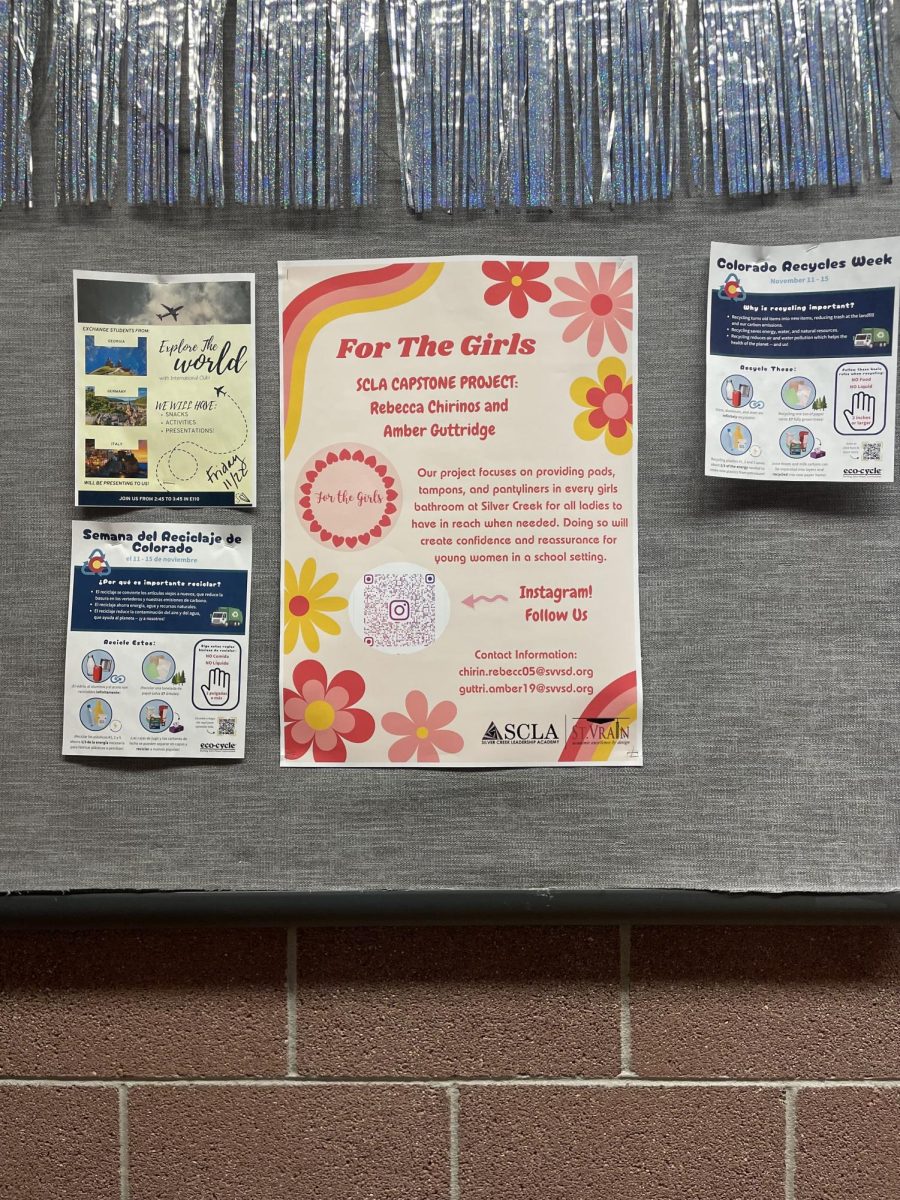

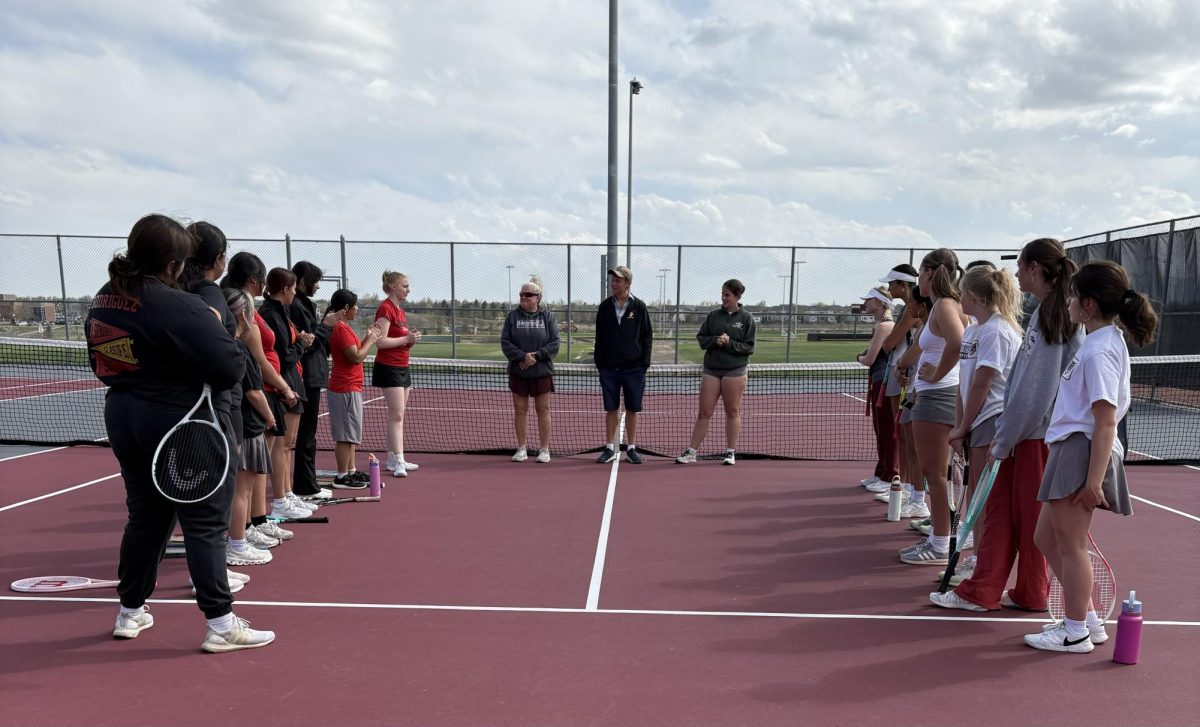



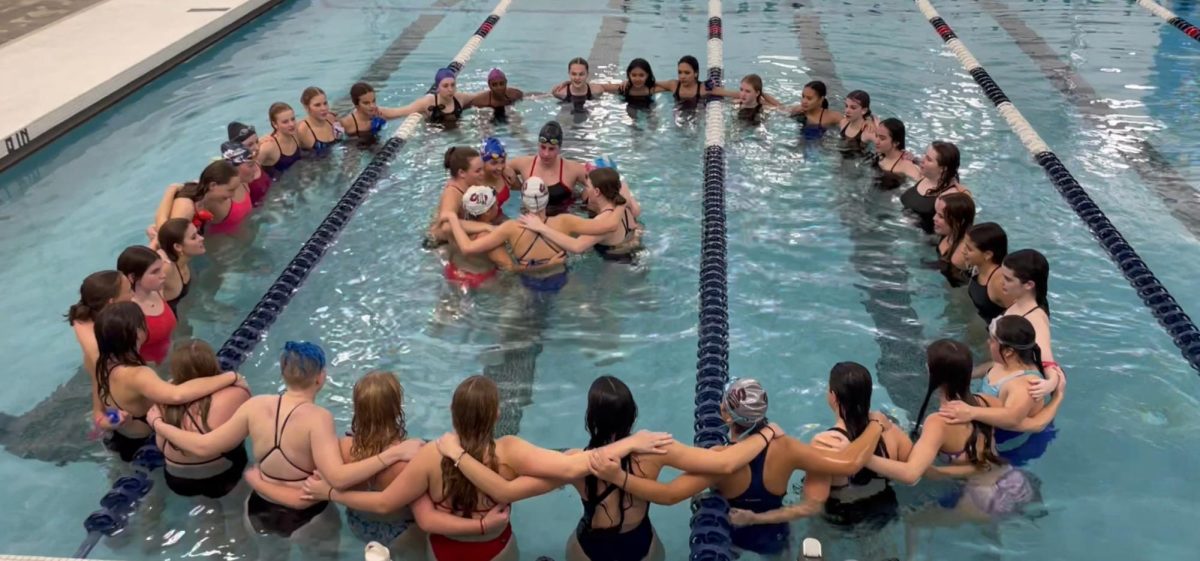






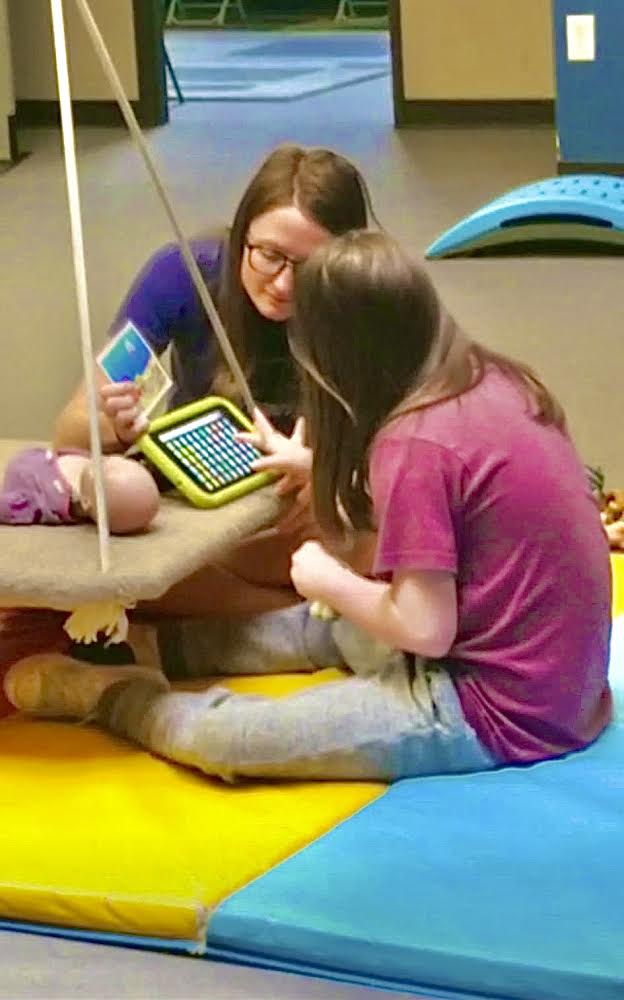
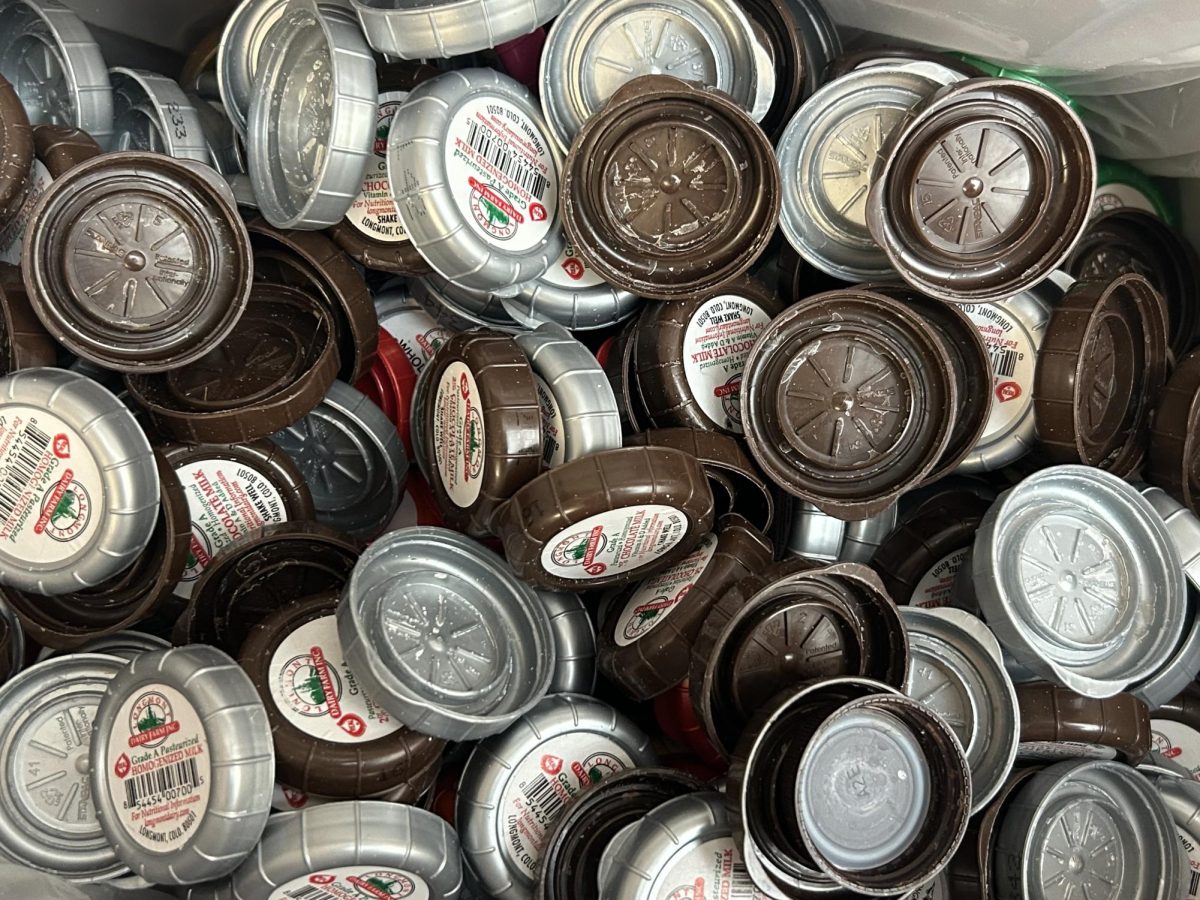
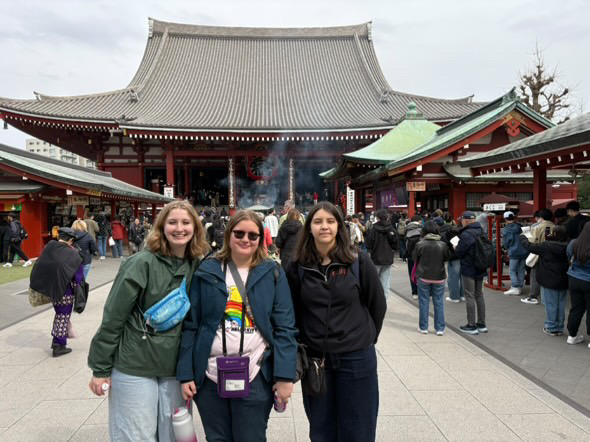
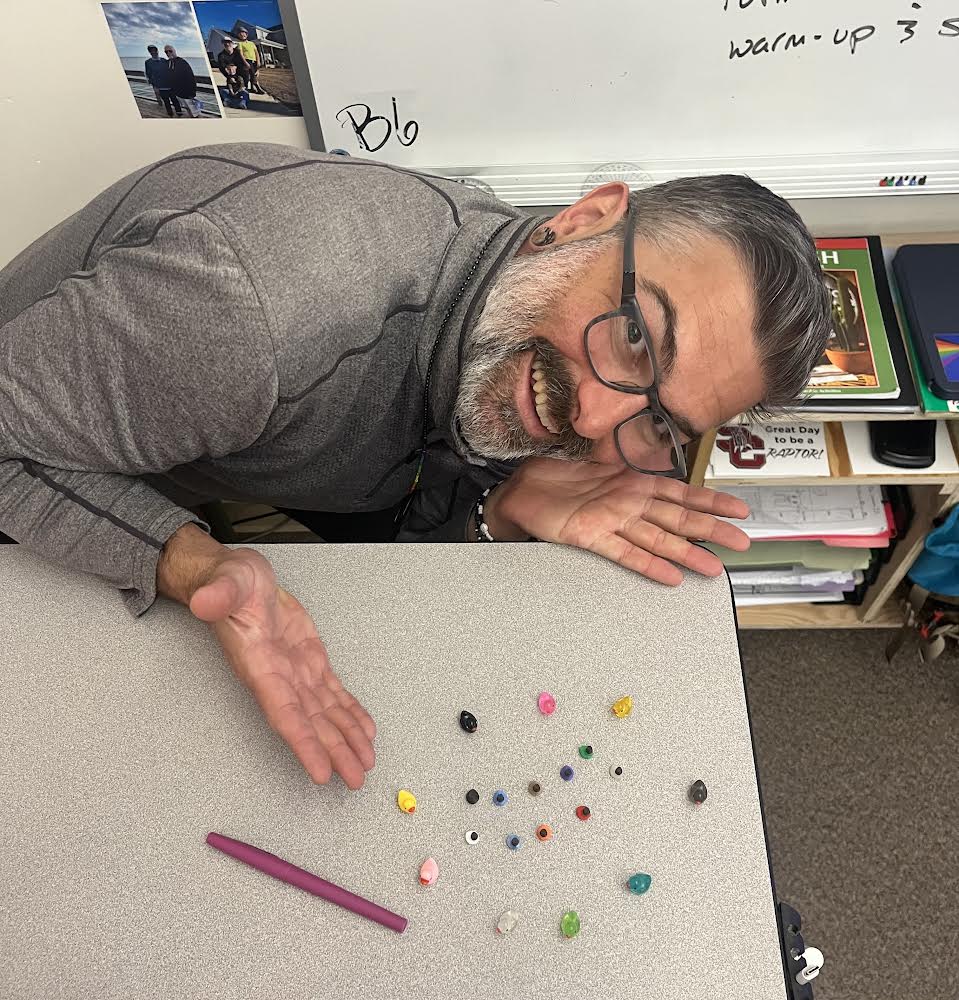
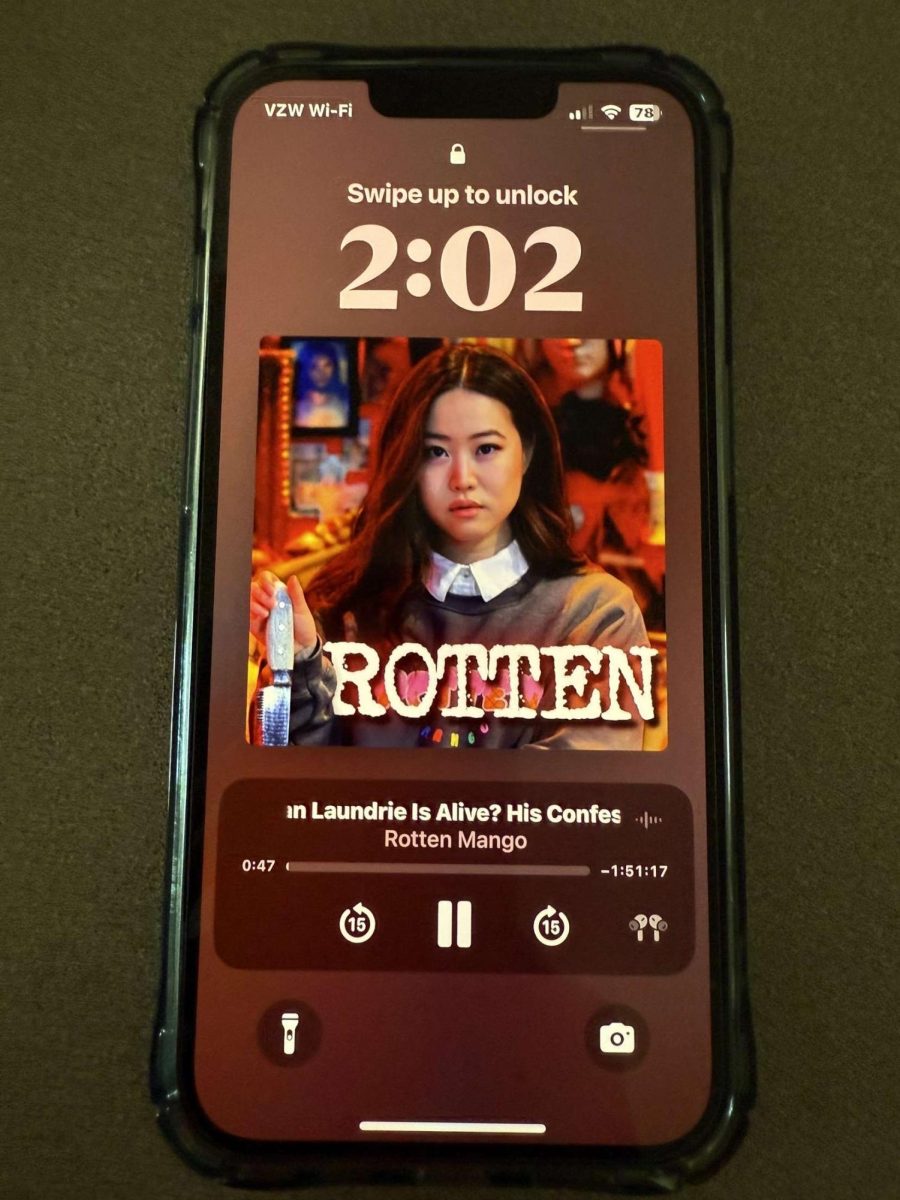
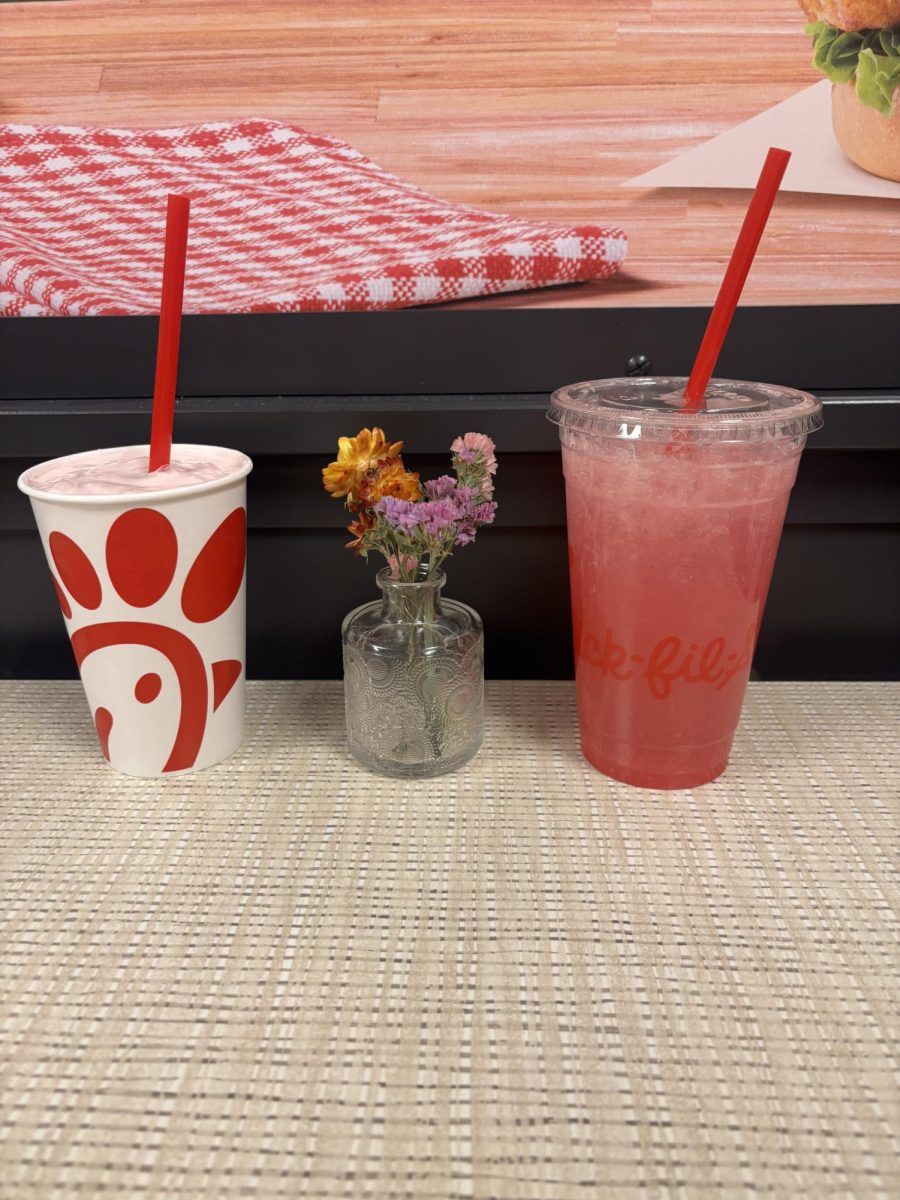




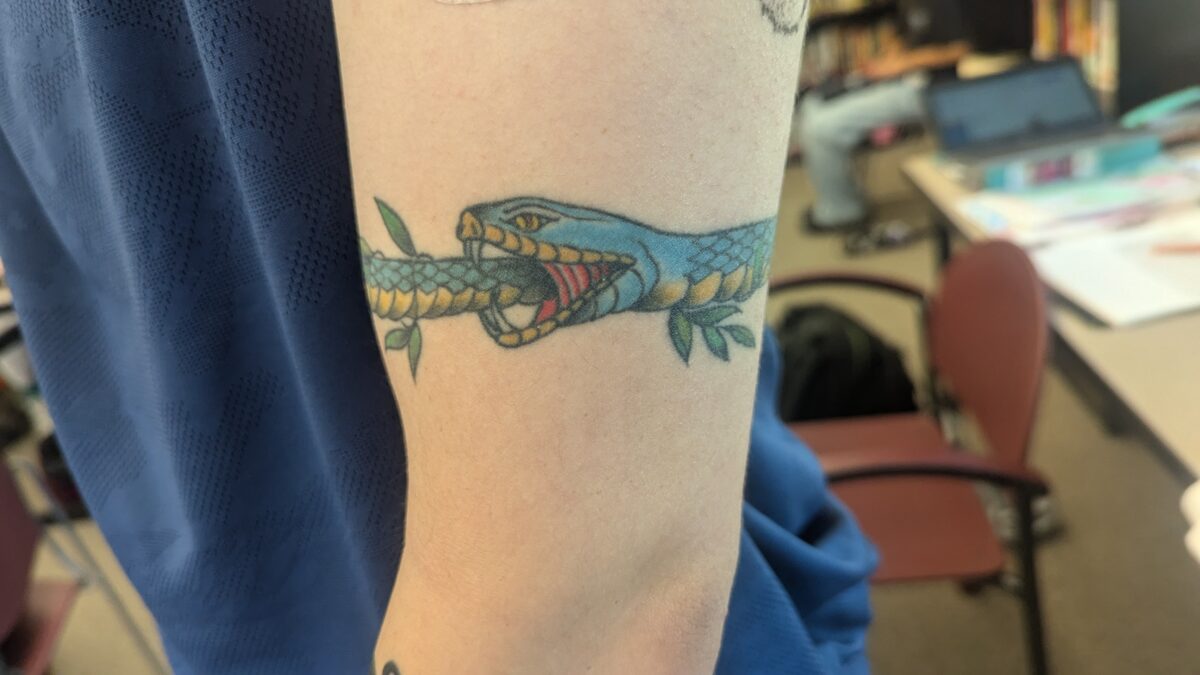

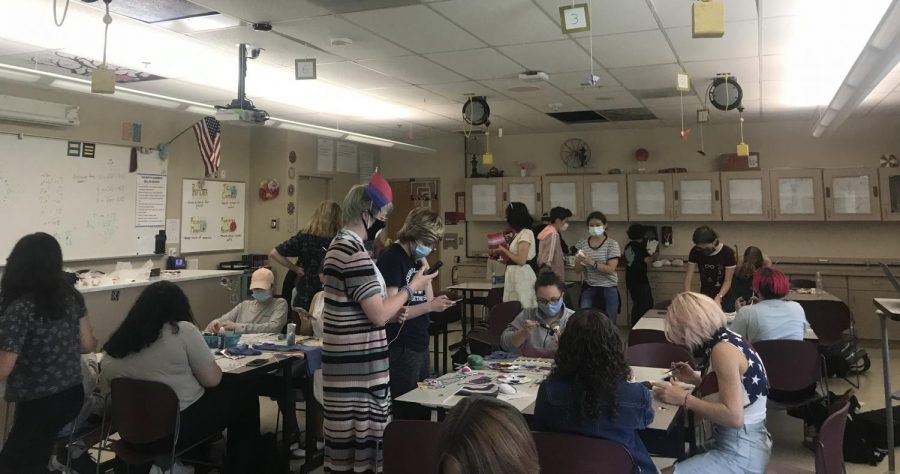



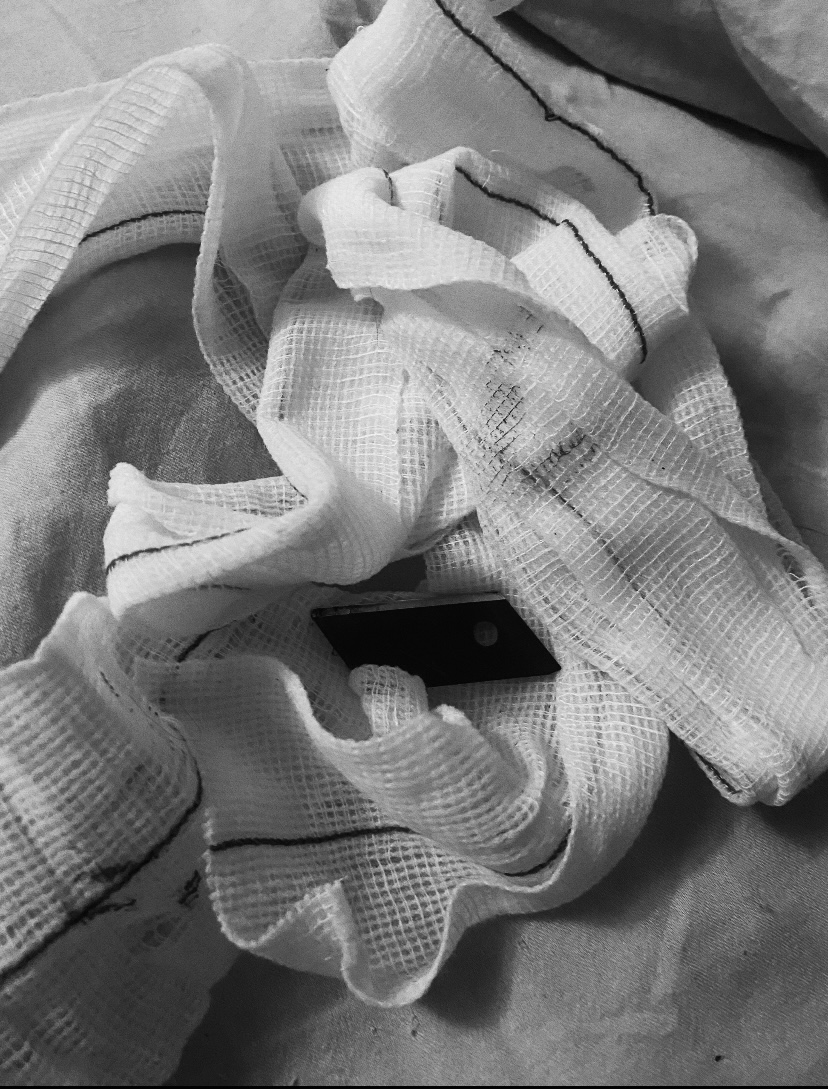
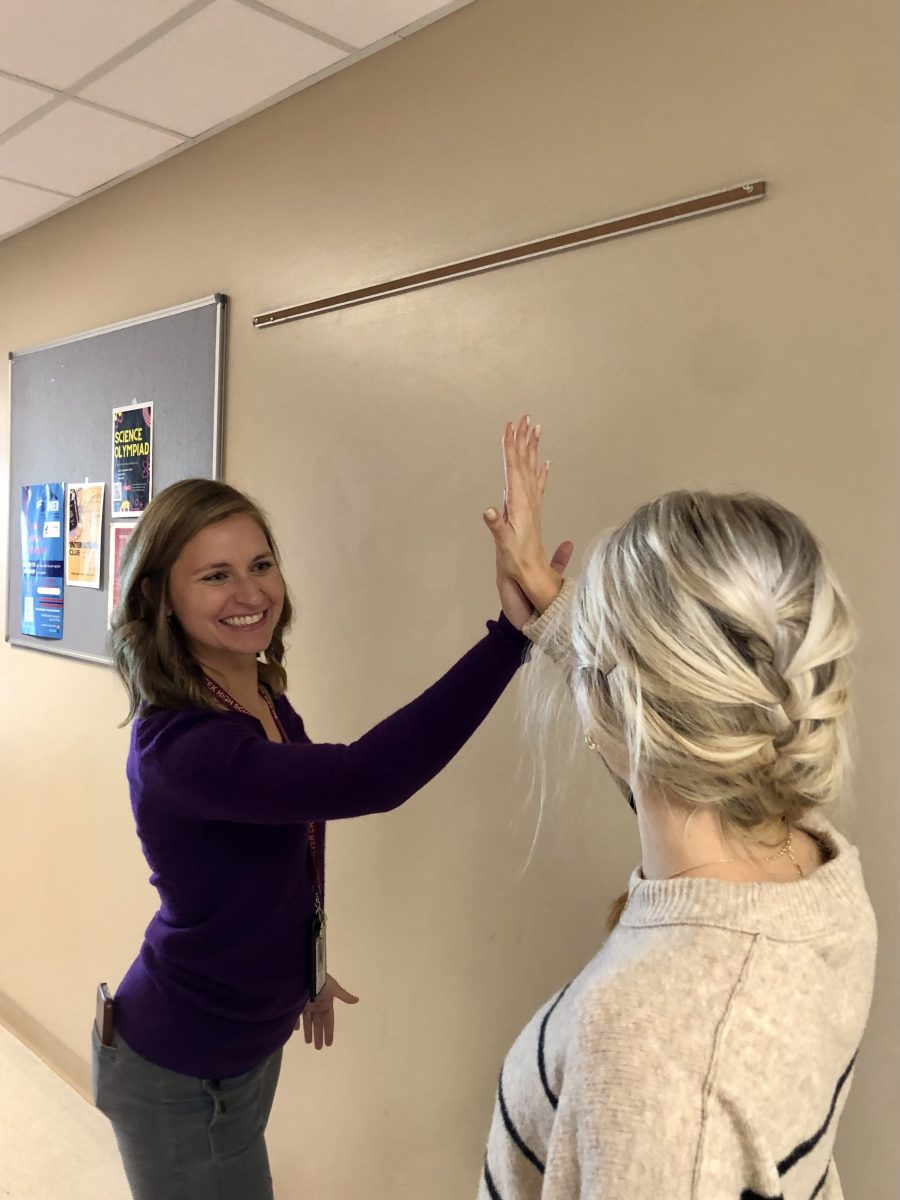


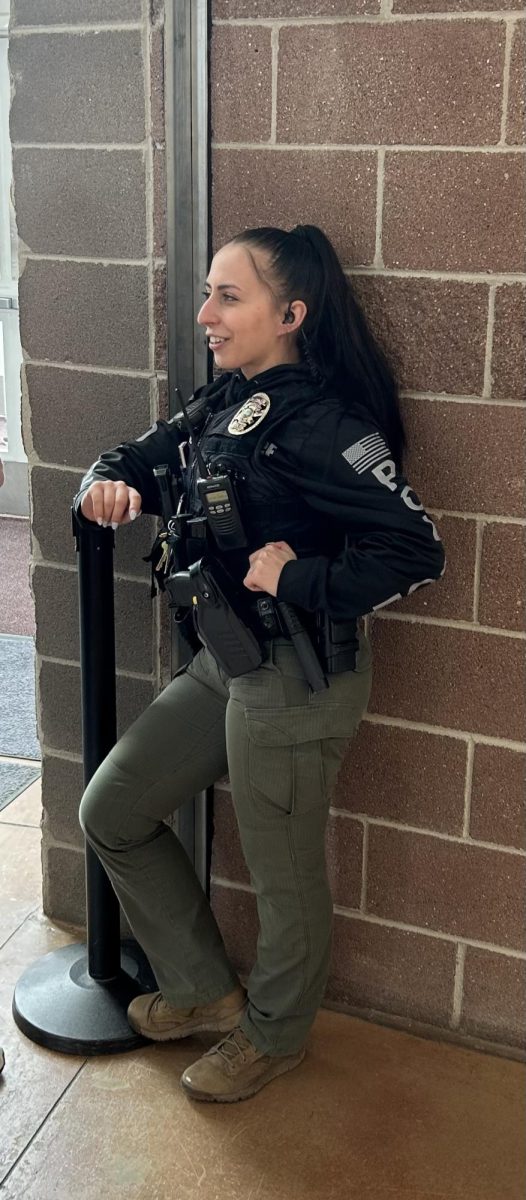

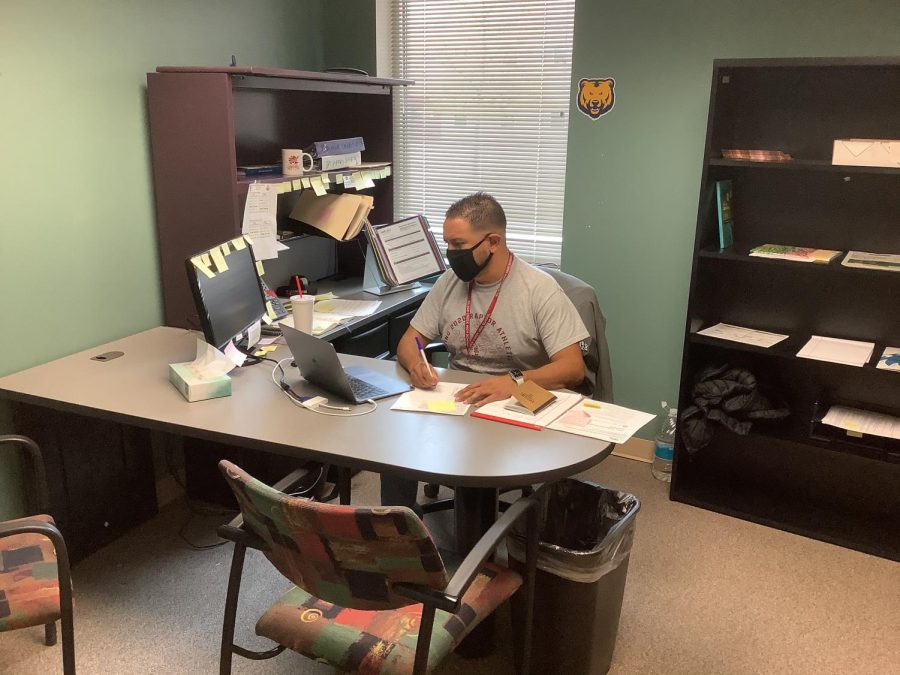
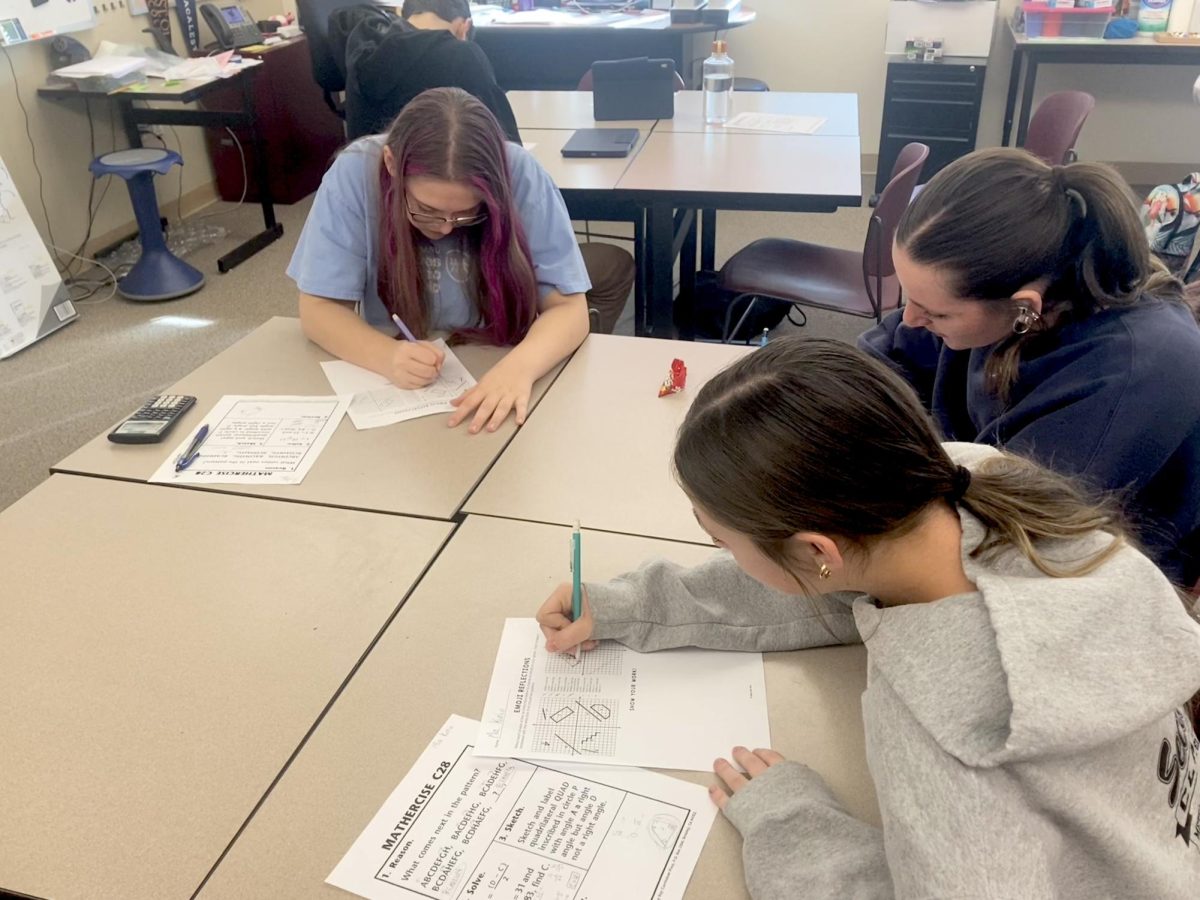
![Hosting the SCLA Casptone Mentor Dinner outside allowed for more attendees on September 27, 2021 at Silver Creek. This event would’ve usually been held inside. According to Lauren Kohn, a SCLA 12 teacher, “If we have a higher number of people, as long as we can host the event outside, then that seems to be keeping every[one] safe”.](https://schsnews.org/wp-content/uploads/2021/11/sxMAIGbSYGodZkqmrvTi5YWcJ1ssWA08ApkeMLpp-900x675.jpeg)


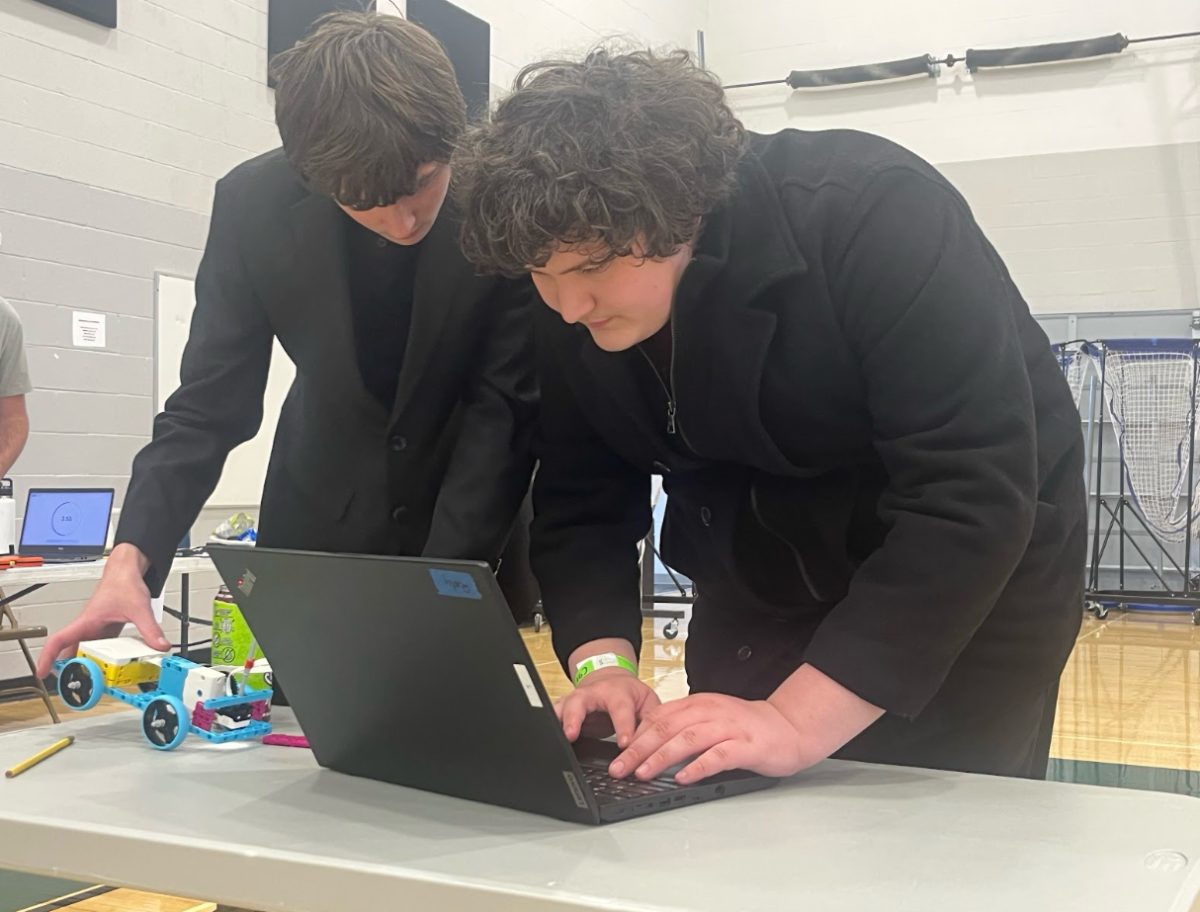

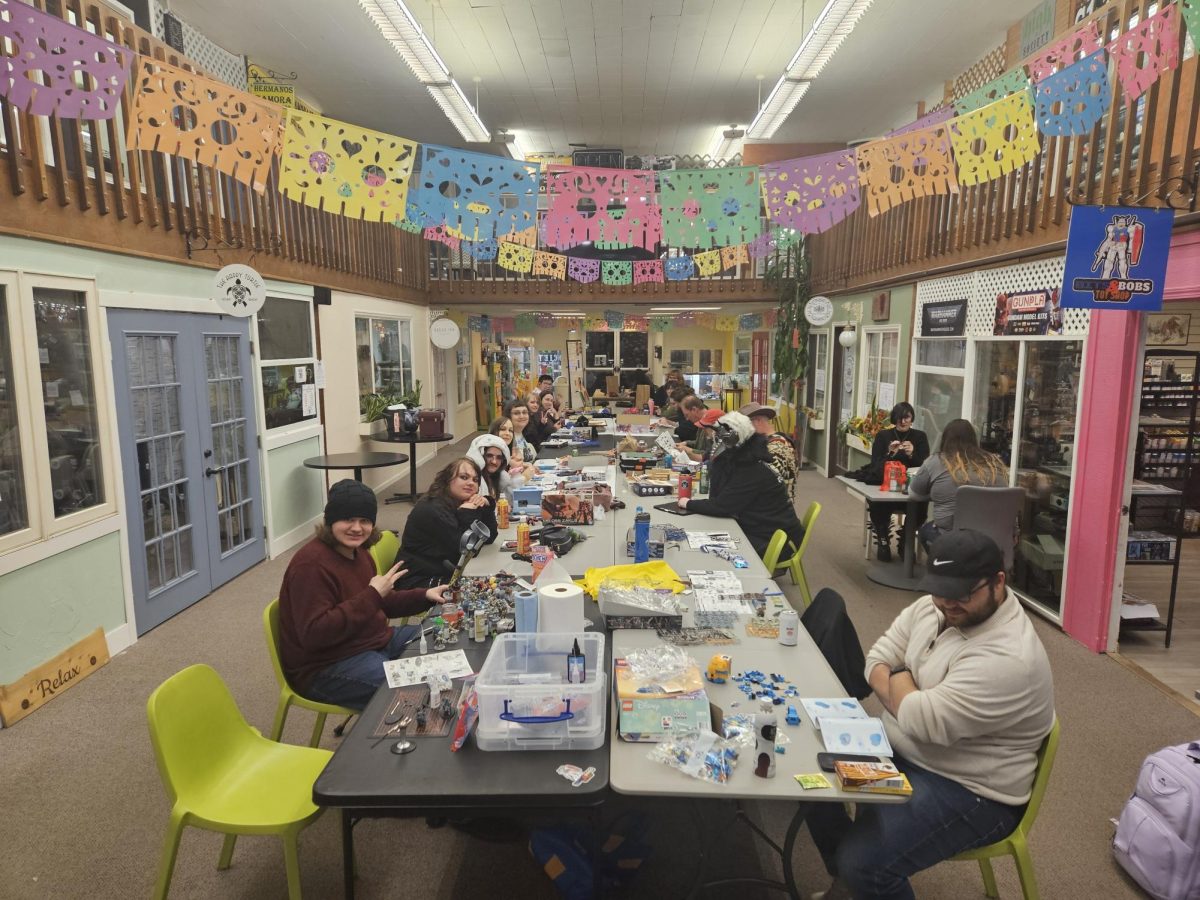
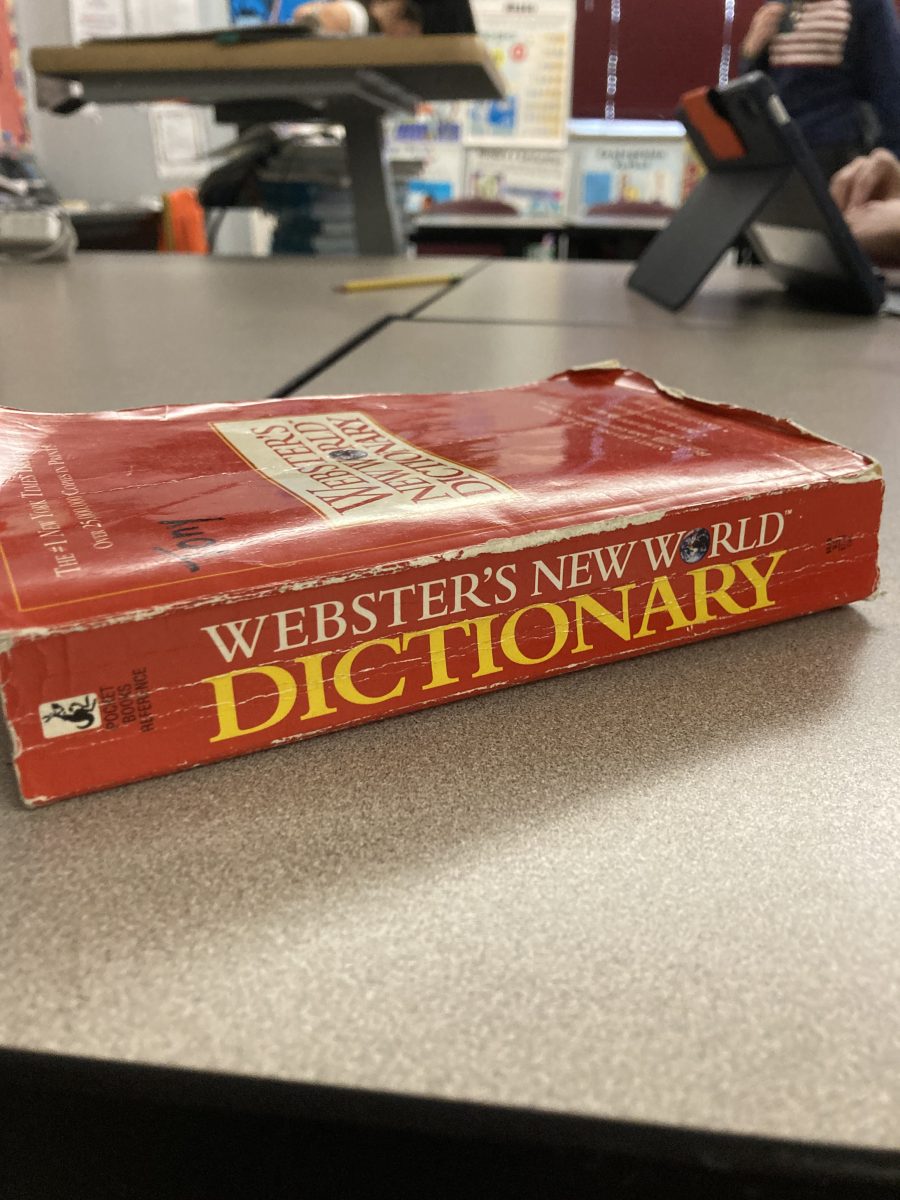
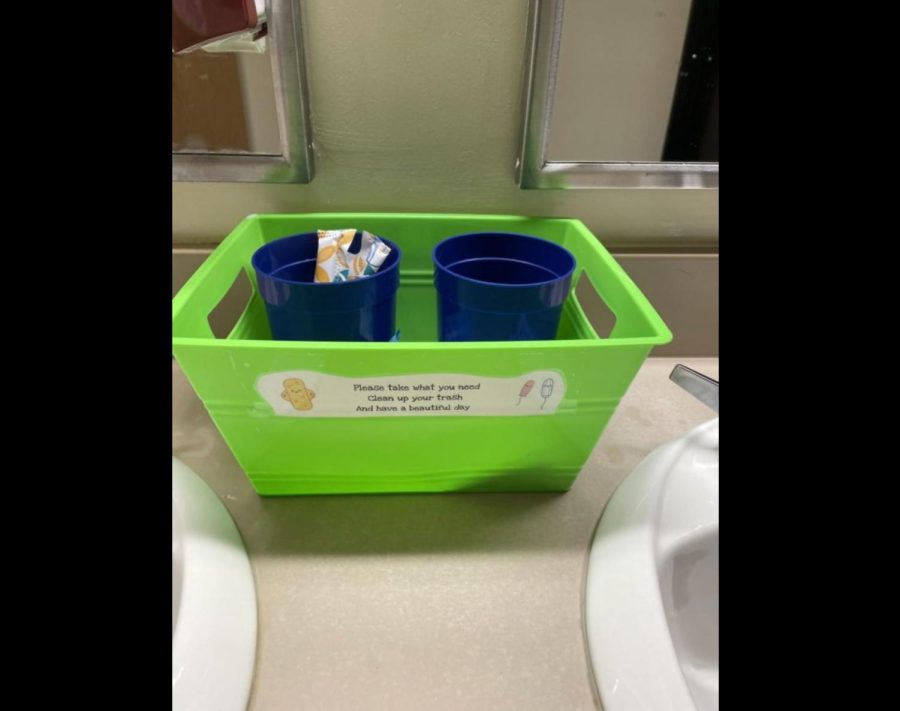
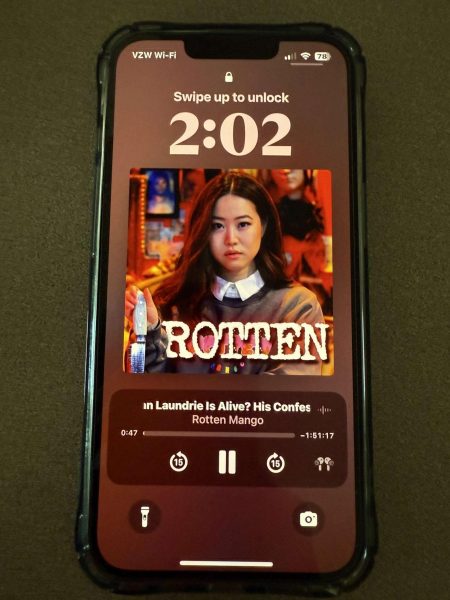
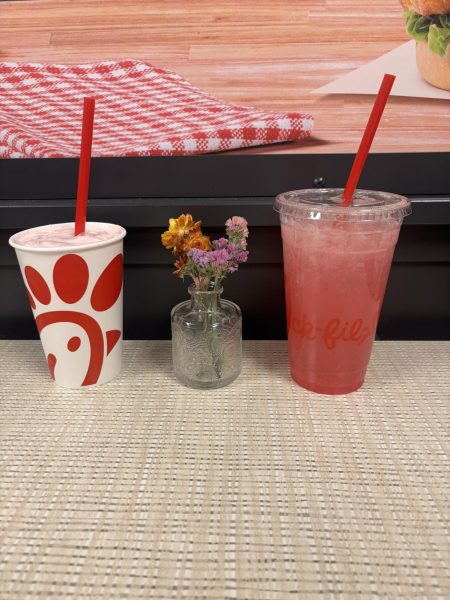





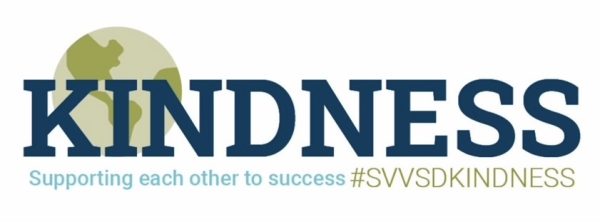

Ryley Allen • Dec 20, 2024 at 12:24 pm
The Health Office has provided hygiene products all school year. If a student asks for a product they are never turned down. If there is a preference, I, the health clerk will provide some out of my own budget til the district provides dispensers in 15% of bathrooms by June 2025. Other districts have already provided these dispensers. I support this advocacy and want to help the advocates with their capstone project. Come to me with your preferences. Thank you